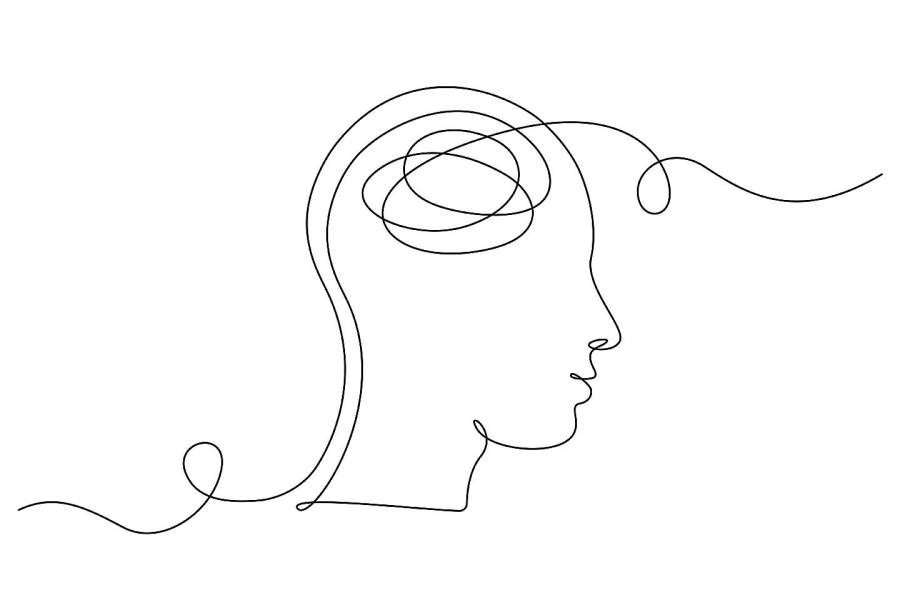This content is provided to Johns Hopkins employees through mySupport's partnership with Resources for Living.
Culture and identity help shape who we are as individuals. Since our life experiences and beliefs influence how we approach life, it's important to know that mental health can look different for each of us. Knowing you are not alone can make a difference when it comes to reaching out to better your mental health.
There are many factors that impact mental health and wellness in diverse communities. They may include:
- Stigma—reaching out for help can be seen as a weakness or something to hide
- Support—family or community members may distance themselves from people struggling with mental health challenges
- Access—are quality providers available?
- Cost—even the thought of an extra bill to pay can deter many from seeking help
Here are ways you can reduce the stigma around mental health:
- Be open to conversation around mental health. The more you talk about it, the more normalized it will become.
- Learn about mental health struggles and spread awareness among the culture to educate those who may not have the resources to educate themselves.
- Be empathetic, respectful, and supportive even if you may not fully understand someone else's mental health struggle.
By learning more, you can be an advocate for mental health support. To get started, read Mental Health 101 and learn the answers to these important questions.
Who helps with emotional issues?
Mental health professionals study and train to understand the human mind, thoughts, and feelings. Mental health professionals help clients deal with a variety of issues, from small stressors to large life changes.
What do therapists do?
There are different types of therapy. Therapy involves talking about yourself and your feelings. It's a relationship in which listening and sharing take place. A counselor's skill lies in finding the most effective ways to help clients with the challenges they are facing. The more open you can become, the more progress you're likely to make.
How do you choose someone to help you?
When choosing a therapist, you may rely on reputation, word of mouth, availability, location, insurance plans, or other factors. You may get referrals from friends, family, or from your employee assistance program. You may need to meet with one or more therapists until you feel a sense of safety, respect, and ease.
How long does therapy take?
Therapy is a journey, and there is no specific timeline. Therapy can last for weeks, months, or years. It's up to you. It is different for everyone, and there is no right or wrong length of time.
How can I find out more?
Make your mental well-being a priority and take a step toward making a change for the better today. Contact mySupport, Johns Hopkins' employee assistance program, at 443-997-7000 and select option 2 to learn more. MySupport is available to you and your household family members 24/7 for free confidential help and for referrals to professionals for any emotional or mental health concerns.
Join mySupport and the Office of Benefits &Worklife during the month of May for Mental Health Awareness Month webinars and resources.
You also can visit the National Alliance for Mental Illness website for more materials on mental health. Your family doctor may have names of counselors and counseling centers to share with you, too.
Remember, reaching out for help is the first step toward feeling happier and enjoying life more.
Posted in Health+Well-Being
Tagged hr newswire









